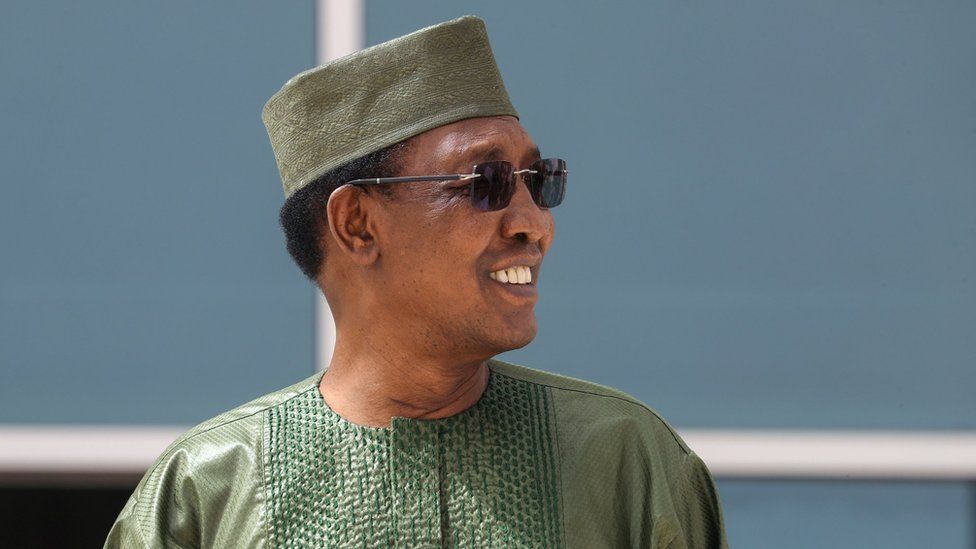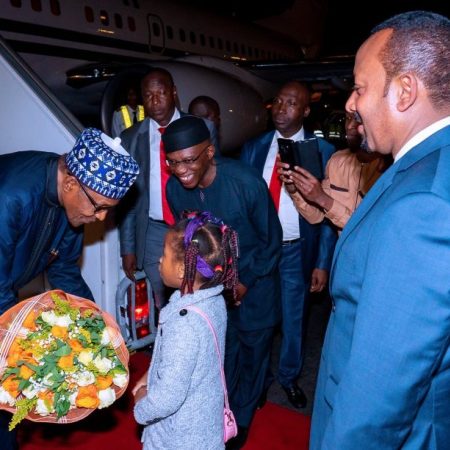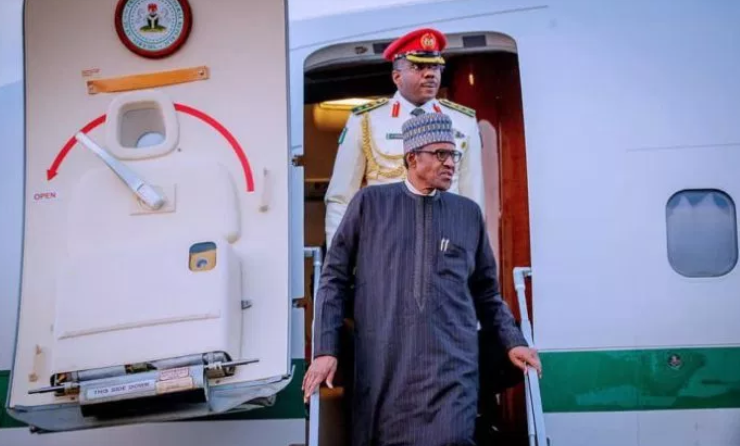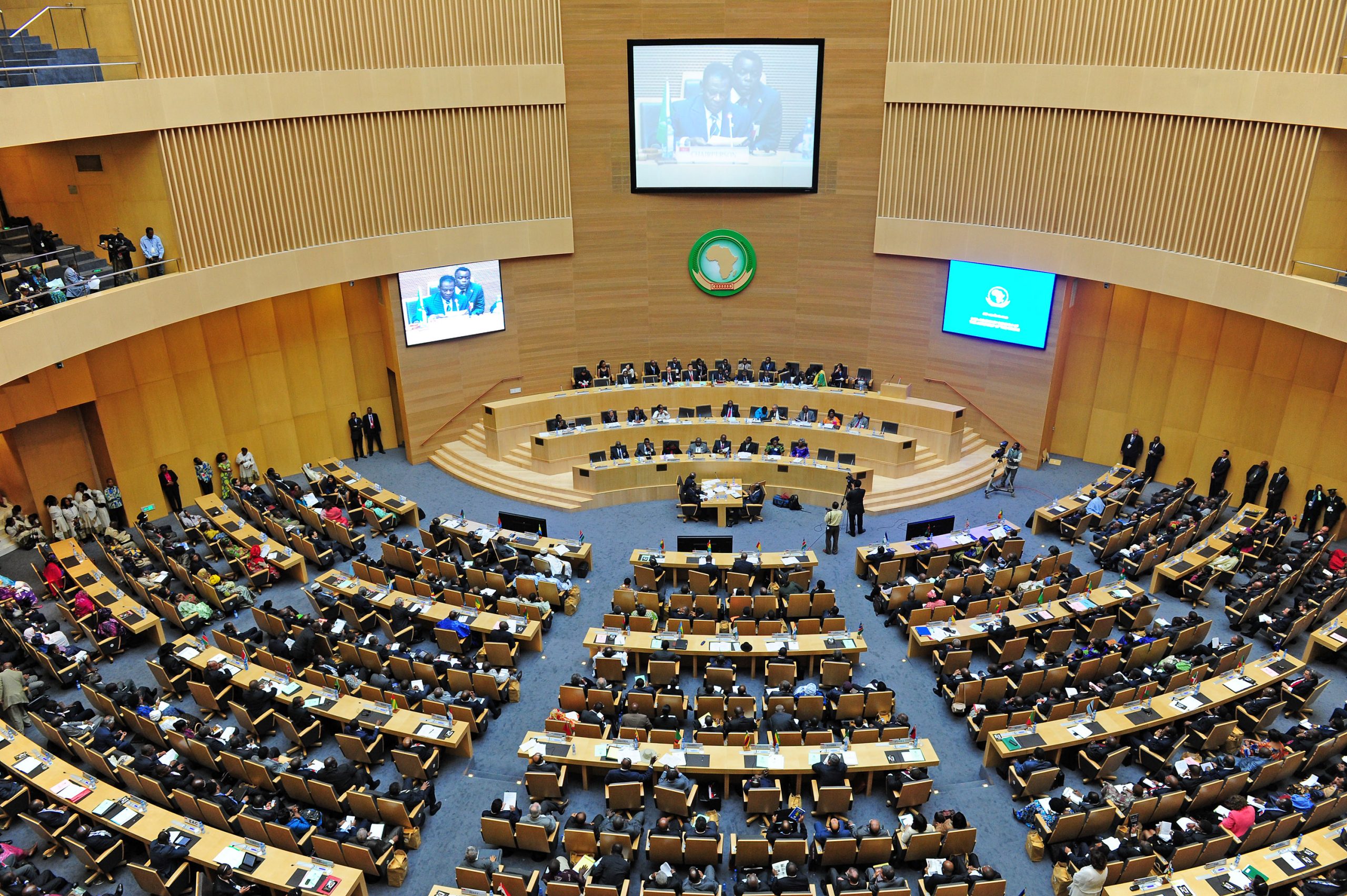The African Union Commission says the continent is making headway in defeating malaria through strong political commitment, increased funding, and innovations devised to improve malaria prevention and control.
According to it, most of the achievements have been realised through the “Zero Malaria Starts With Me’’ Campaign” implemented by the AU Commission in partnership with the African Leaders Malaria Alliance (ALMA) and Roll Back Malaria (RBM) Partnership to End Malaria.
H.E. Amira Mohamed, Commissioner for Health, Humanitarian Affairs and Social Development, African Union Commission, made the assertion in her message as the world marks the 2021 World Malaria Day on Sunday.
World Malaria Day takes place annually on April 25 to highlight the global efforts to control malaria and celebrate the gains that have been made.
The theme for 2021 World Malaria Day is : “Zero Malaria – Draw the Line Against Malaria’’.
Mohamed said: “World Malaria Day 2021 comes at a time when healthcare systems in Africa bear the anomalous weight of the coronavirus pandemic.
“AU Member States have maintained their focus in the fight against malaria even as the pandemic continues to test the limits of health infrastructure at the country level.
“I take the opportunity to recognise and appreciate all AU member states for ensuring that comprehensive approaches like education, prevention, diagnosis, and treatment,– that have been proven to have tangible results in the fight against malaria, have been sustained during the pandemic.
“Today, the African Union Commission joins the world to celebrate the seven million lives saved, and over one billion malaria cases averted through life-saving mosquito nets, among other interventions.”
She urged all countries to collectively work with the fullest commitment to end malaria by 2030.
“As a continent, we celebrate with great honour and pride the AU Member States that have been certified malaria-free.
“ I encourage these member states to lead continental knowledge-sharing initiatives so that best elimination practices are exchanged and scaled-up.
“ To date, 19 AU member states have rolled out the Zero Malaria Starts With Me campaign, seven of which launched in 2020 during the COVID-19 pandemic.
“While more member states are working towards launching the campaign, the commission welcomes the collaborative effort to urge Africa leaders to step up and be a part of the zero-malaria movement,’’ she said.
The AU commissioner said that the Zero Malaria Starts With Me campaign was transforming the continent’s malaria response and inspiring global action.
“This campaign’s advancement and impact have demonstrated AU member states’ dedication to reach the targets set in the Africa Health Strategy and the Catalytic Framework to End AIDS, TB, and Eliminate Malaria in Africa by 2030.
“The campaign’s focus is to empower the youth’s involvement in the malaria response’’.
According to her, the leadership of youth in Africa is crucial as young people account for 75 per cent of the continent’s population and the youth are the driving force of the continent.
The AU Commissioner commended President Uhuru Kenyatta of the Republic of Kenya, for launching the Digital Youth Malaria Army initiative.
She emphasised the critical role of multisectoral partnerships in achieving significant strides towards the shared goal of malaria elimination, urging for increased partnerships and resources to innovate and improve surveillance programmes.
“ As we commemorate World Malaria Day 2021, I call on frontline health workers , partners, and leaders worldwide and in Africa to share experiences and reflections on efforts and opportunities to reach the target of zero malaria.
“I reiterate that ending malaria’s scourge will have a long-term, transformative impact and save millions of lives.
“The commission will continue to support the AU member states to draw the line against malaria,’’ she said.







